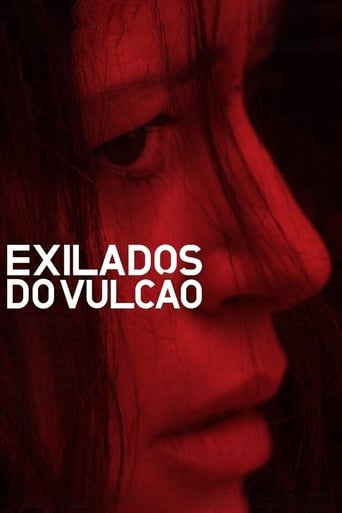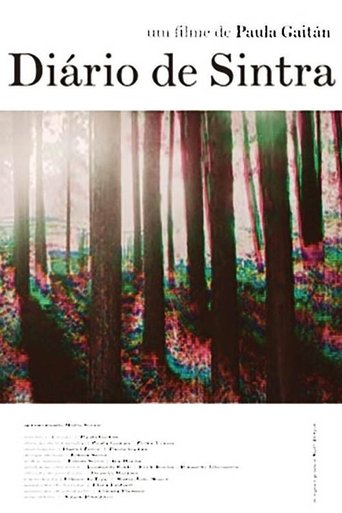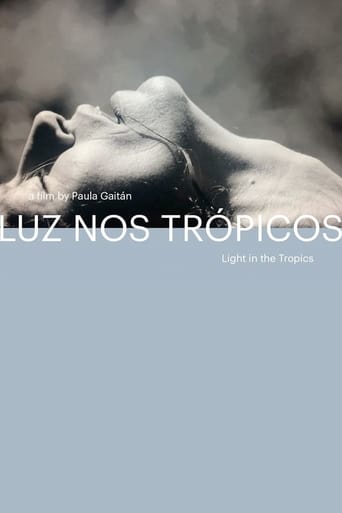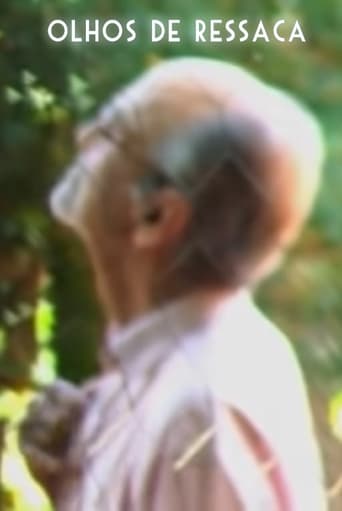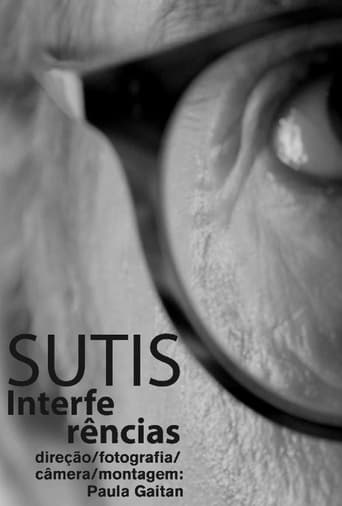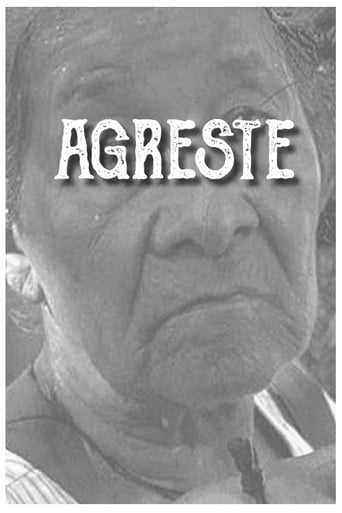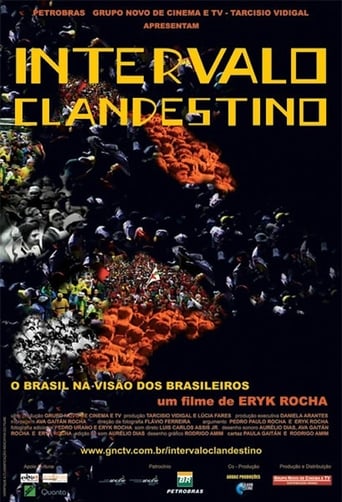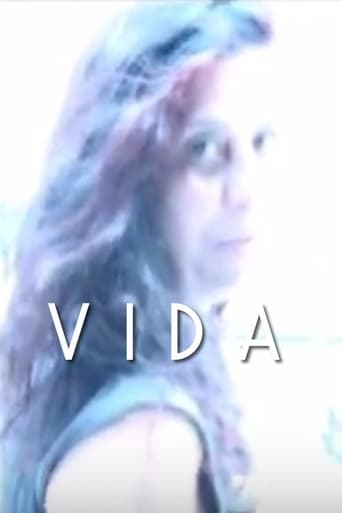The Volcano Exiles 2013
She menage to save from a fire a bunch of pictures and a diary written by hand. Those words and faces becomes the last traces left from the man she one day knew and loved. Crossing mountains and roads, she tries to remake his steps. The places she vists bring people, gestures, memories and histories that slowly become part of her life.
